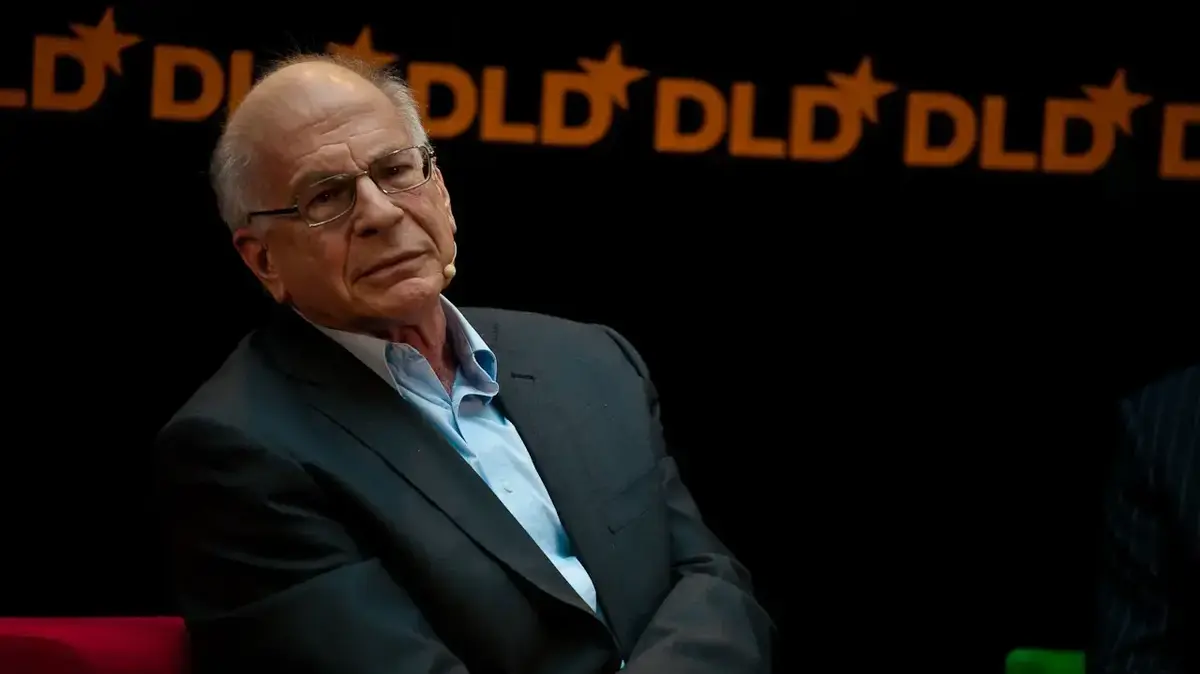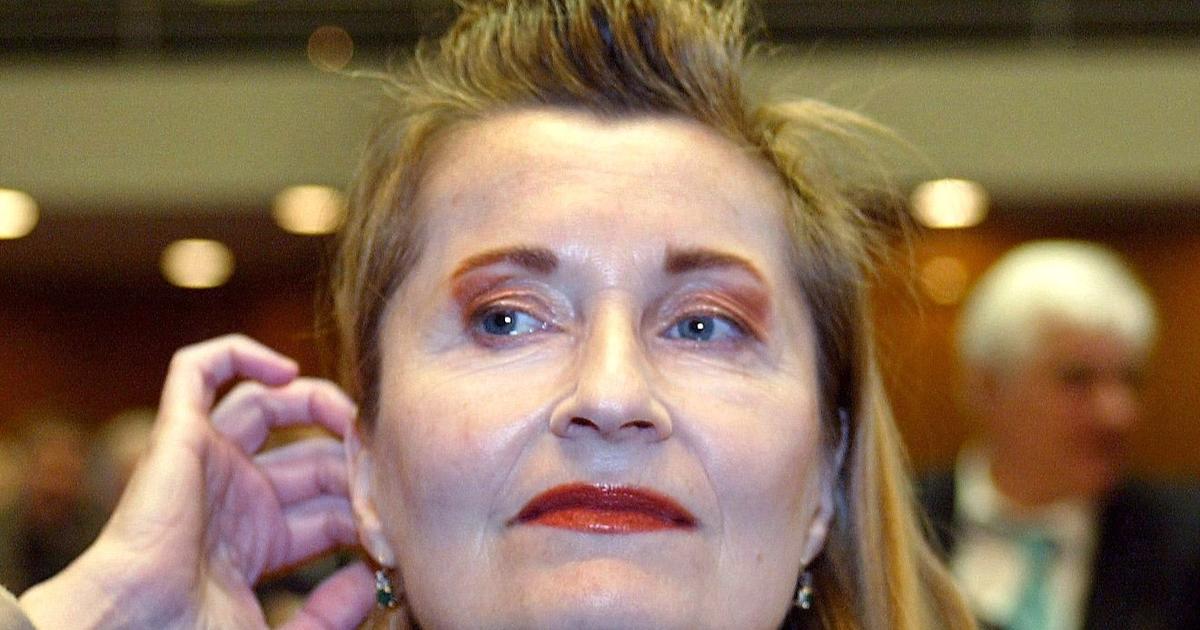Alfred Vaino Aho and Jeffrey David Ullman.ACM
There are characters whose influence is extraordinary in our daily lives, but who are hardly known by the general public.
This is the case of the Canadian Alfred Vaino Aho (79 years old), professor emeritus of Columbia University, and the American Jeffrey David Ullman (78), professor emeritus of Stanford University, who have been distinguished this Wednesday with the Turing prize of 2020, known as the
nobel of computing.
The award is presented each year by the Association for Computing Machinery (ACM) among those who have made outstanding contributions to the advancement of computer science.
The AMC assures in a statement on its page that Aho and Ullman have been deserving of the award for their contribution to the design and analysis of algorithms, for shaping the fundamentals of the computer programming language and its compilation, and for synthesize these results in his highly influential books "that have educated several generations of computer scientists."
As highlighted by the AMC, both professors laid the foundations for a key element in computers: the compiler.
The
software
(computer program) that powers any technological device with which we interact - from a mobile phone to a giant server - is written by humans in a higher-level programming language that is then translated
(compiled)
for execution by the machine in a lower level code.
A compiler, explains Ricardo Peña, professor of Computer Languages and Systems at the Complutense University of Madrid, “is a very complex type of program in charge of said translation, which is carried out in several phases”.
“In the first place, there is a grammatical analysis, in which a theory called automata is essential.
This is followed by the detection of errors, both grammatical and the semantic rules of the language.
Afterwards, the code is generated and finally, the optimization takes place ”, explains Peña.
“Both Ullman and Aho are pioneers in this compilation issue;
in structure of algorithms and in databases.
And above all, they have put a lot of energy into making all this information available to students in an affordable way for their study ”.
Image from the Compilers manual, popularly known as 'The Dragon Book', written by Professors Alfred V. Aho, Ravi Sethi and Jeffrey D. Ullman.Amazon
In this pedagogical aspect of both winners, the president of the ACM, Gabriele Kotsis, insisted on Wednesday, who, in the communication of the award, recalled that "computer programming and the development of increasingly advanced software systems support almost all the transformations technologies that society has experienced in the last five decades ”.
He added: “While many researchers have contributed to these technologies, the work of Aho and Ullman has been especially influential.
They have been thought leaders since the early 1970s and their work has guided generations of programmers to this day. "
There is already a vaccine for the cyberattacks pandemic
Jeff Dean, senior vice president of Google's Artificial Intelligence division, also particularly highlighted the outreach work of both professors.
"His textbooks have been the gold standard for training students, researchers and professionals," he said.
Aho and Ullman are co-authors of nine books.
In its statement, the AMC highlights two of them,
The design and analysis of computational algorithms
(1974), one of the first books on algorithms available to students, and
Principles of compiler design
(1977), known as “the dragon book ”Due to the design of its cover and that it is still the most widely used manual on the subject of the same name today.
To these two books, Peña adds a third on data structures and algorithms (1983), written together with another author (JE Hopcroft), who has also become a classic in Computer Engineering.
Aho and Ullman earned their Ph.D. from Princeton University before joining the American scientific development company Bell Labs, where they worked together from 1967 to 1969. That year Ullman began his career in academia and eventually joined Stanford University. while Aho stayed at Bell Labs for 30 years before joining Columbia.
The governor of the Bank of England, in July 2019 in Manchester, shows the new 50 pound note with the face of the mathematician Alan Turing.Christopher Furlong / Getty Images
The award was established in 1966 in honor of the English mathematician Alan Turing.
It is endowed with a million dollars that will be distributed between both professors.
Turing is considered one of the fathers of modern computing and was a key character in unraveling the Enigma code, with which the Nazis encrypted their messages during World War II.
Persecuted and convicted of his homosexuality, he committed suicide in 1952 by ingesting cyanide.
Starting this year, the Turing effigy will be the new face on 50 pound (58.7 euros) banknotes in the UK.
You can follow EL PAÍS TECNOLOGÍA on
and
.








/cloudfront-eu-central-1.images.arcpublishing.com/prisa/INU3EC6I6VF6NEMPKWATA22NNA.jpg)
/cloudfront-eu-central-1.images.arcpublishing.com/prisa/5PR67UG5CRCHVNUEEH5C4GH4KU.jpg)